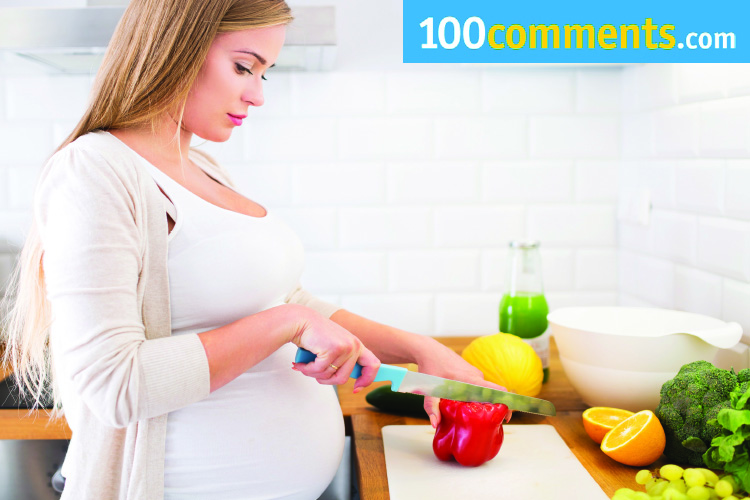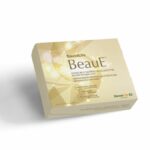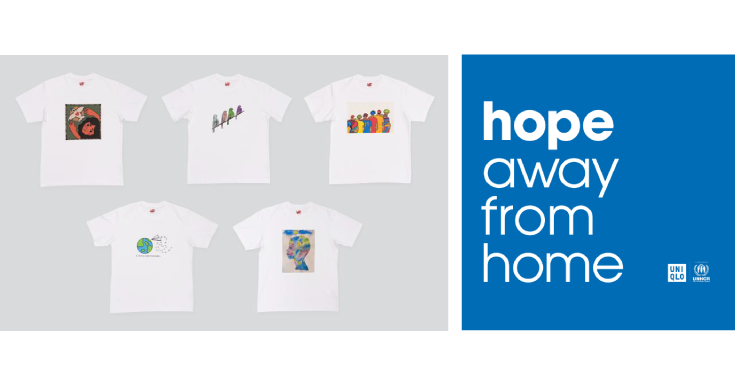The Healthy Vegetarian Mama
During pregnancy, your need for nutrients will increase. For example, you will require more calcium, more protein, and more folic acid for the growth and development of your baby. Contrary to popular belief though, a baby can still receive the nutrition needed to grow and develop inside the womb of a vegetarian mum. The important thing here is for the mum to consume a variety of foods needed to provide enough nutrients and calories for both herself and her baby.
Table of Contents
Why vegetarians may fare better in healthy intake of food
Vegetarians are generally aware of the limitations of their diet choice. Hence, most vegetarians are known to make a conscious effort to ensure that their choices of food are well-rounded and meet their daily health requirements. While they know that vitamins and minerals will not be a problem, they usually put particular care to ensure that their protein and calorie intake, for instance, is up to par, along with their intake of essential fatty acids.
To make certain that you are getting adequate nutrition, pay particular attention to these nutrients:
Calcium: Be certain to include plenty of calcium-rich foods in your vegetarian diet. These include tofu, dark green leafy vegetables, kale, broccoli, beans, figs, sunflower seeds, almond butter, calcium-fortified soymilk and calcium-fortified cereals and juices.
Vitamin B12: Vitamin B12 is not found in most plant foods. To get enough of this important nutrient, be certain to include vitamin B12-fortified foods in your daily routine. These foods include many breakfast cereals, some meat substitute products, some brands of soymilk, and Vegemite. Vitamin B12 is also present in all standard multivitamins and in vegetarian supplements.
Iron: Iron is abundant in plant-based diets. Beans, dark green vegetables, dried fruits, nuts and seeds. Whole grain or fortified breads and cereals are also rich in iron. However, women in the second half of pregnancy sometimes need to take a supplement regardless of the type of diet they follow. Discuss with your doctor about your iron requirements.
Vitamin D: The normal source of vitamin D is sunlight, (at least 20 to 30 minutes of direct sunlight on your hands and face two to three times weekly.) However, if you do not get regular sunlight, vitamin D is also available in multiple vitamins and in fortified foods. Many brands of ready-to-eat cereals and soy and rice milks are fortified with vitamin D.
Omega 3 Fatty Acids: Omega-3 fatty acids are essential fatty acids that should be consumed in adequate amounts during pregnancy for they are critical building blocks of fetal brain and retina. Omega-3 fatty acids may also play a role in determining the length of gestation and in preventing peri-natal depression. Vegetarians can obtain their Omega 3 fats via the consumption of flax seed, chia seeds, mustard oil, seaweed, beans, winter squash, berries and even mangoes!
A Word about Protein
Protein needs increase by about 30 percent during pregnancy. Most vegetarian women eat more than enough protein to meet their needs during pregnancy. With ample consumption of protein-rich foods such as legumes, nuts, seeds, vegetables, and whole grains, protein needs can easily be met during pregnancy.
Vegetarian Foods to Choose
The chart below provides the number of servings to eat from each food group every day.
Breads and Grains
9 or more servings per day
- 1 slice of bread
- 1 rice cake
- 6 crackers (such as matzo, bread sticks, rye crisps, saltines) or (3 graham crackers)
- 3/4 cup cereal
- 1/2 cup rice (or pasta)
- 1 small baked potato
- 1 small pancake
- 1 medium sized tortilla
- 1/2 bagel or English muffin
Fruits and Vegetables
4 or more servings per day of vegetables / 3 or more servings per day of fruit
- 3/4 cup fruit juice (or 1/2 cup vegetable juice)
- 1/2 cup chopped, cooked or canned fruit
- 1 piece fresh fruit
- 1 melon wedge
- 1/2 cup cooked or canned vegetables
- 1 cup chopped, raw vegetables
Protein
3 servings per day
- 1/2 cup cooked dried beans (or peas)
- 1/4 cup nuts or seeds
- 2 tbsp peanut butter
- One egg or two egg whites
- 1/2 cup tofu
Dairy
4 or more servings per day
- 1 cup low-fat milk
- I cup soy milk
- 1 cup low-fat yogurt
- 1 1/2 ounces of cheese
Sweets and Snacks
In very limited amounts
- Fat-free baked goods
- Sherbet, popsicles
- Low-fat frozen yogurt
- Gingersnaps
- Jelly beans, hard candy
- Plain popcorn
- Pretzels
Fats and Oils
In limited amounts (about 5 to 8 tsp per day)
- Olive, canola, or peanut oils
- Margarine
- Fat-free salad dressing





















Leave a comment